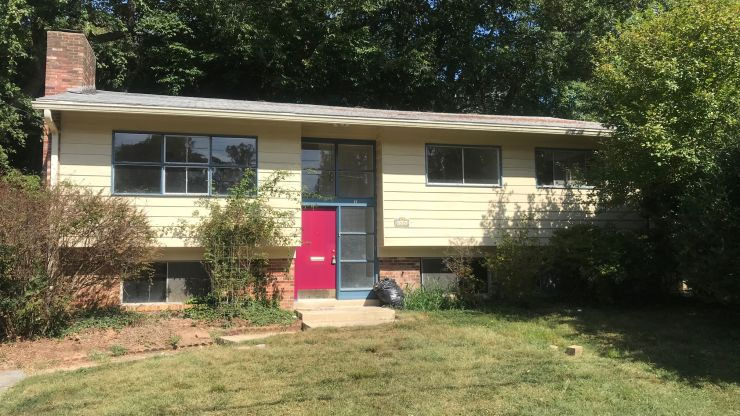
October 14 th, 2019
Black & White Homes
Lending to house flippers hits a 13-year high as prices and competition heat up
-
- It is getting much harder to profit on house flipping today. Home prices are high, there are very few distressed or foreclosed properties available to buy cheaply, and the competition among investors is fierce.
- The good news is, mortgage rates are historically low for bank lending, and private lenders are eager to invest their cash somewhere other than the volatile stock and bond markets.
- The dollar volume of financed flip purchases in the second quarter of this year jumped 31% annually, from $6.4 billion to $8.4 billion, according to ATTOM Data Solutions.That is the highest level since the third quarter of 2006.
It is getting much harder to profit on house flipping today. Home prices are high, there are very few distressed or foreclosed properties available to buy cheaply, and the competition among investors is fierce.
So investors are more cash-strapped and have to use more financing to flip their homes. The good news is, mortgage rates are historically low for bank lending, and private lenders are eager to invest their cash somewhere other than the volatile stock and bond markets.
As a result, the dollar volume of financed flip purchases in the second quarter of this year jumped 31% annually, from $6.4 billion to $8.4 billion, according to ATTOM Data Solutions.That is the highest level since the third quarter of 2006.
“We have been seeing a steady incline in total financed purchase dollar volume every quarter since about 2015 and now we are reaching pre-recession dollar volume highs,” said Todd Teta, chief product officer at ATTOM Data. “With profit margins dropping on home flips, an increase in financing could up the risk for investors who have to factor interest payments into their deals.”
Vipin Motwani is an investor with Iron Gate Development in the Washington, D.C. area. He expects to flip about 15 homes this year.
“It’s always smarter to use a mortgage because you get leverage, you can do many more deals, right?” said Motwani. “Also the banks have become a little bit more easy in lending on this flip business. It used to be a lot tougher.”
Motwani usually goes to community banks, because larger banks, he says, are tougher to deal with, especially for self-employed investors.
“They’re going to try to fit you into a certain box, and If you don’t fit into that box, then they’re not going to give you the financing,” he said. “What they’re looking for is the W2 wage earner, for somebody who has consistent income from an easily sourced job, for example, they can verify your income, they can know you’re good for the loan.”
But a lot of real estate flippers are using rental income or money from the last flip for the next flip, so it is harder for a large bank or an online independent lender to verify that income. The community banks operate differently.
“They meet with you, they know you as a person, and they say, okay, we know where your income comes from. You’re a good bet, we’ll give you the money for the mortgage,” added Motwani.
Still, mortgage underwriting in general is far stricter than it was during the last housing boom. That’s why only about 41% of flipped properties in the second quarter of this year were bought using financing, either mortgages or private lending. Compare that to 68% that used financing during the height of the last housing boom in 2005 when just about anyone could get a mortgage with no proof of income.
That said, Fannie Mae, Freddie Mac and the FHA do back loans to investors, although a limited number per borrower. Given the current health of the housing market, some say the risk for lenders is pretty low.
“Underwriting standards tend to be tougher for investor mortgages, and if you are planning on flipping (not collecting rent), you probably need to document you can support payments on all investor mortgages in addition to other debt,” said Guy Cecala, CEO of Inside Mortgage Finanace. “These are not your ‘No Doc,’ no down payment investor loans available before the housing crisis.”
In addition to traditional lenders offering these investor loans, many specialized finance companies offer them as well.
“And yes, these types of mortgages are growing in popularity after dropping dramatically during the mortgage crisis,” added Cecala.